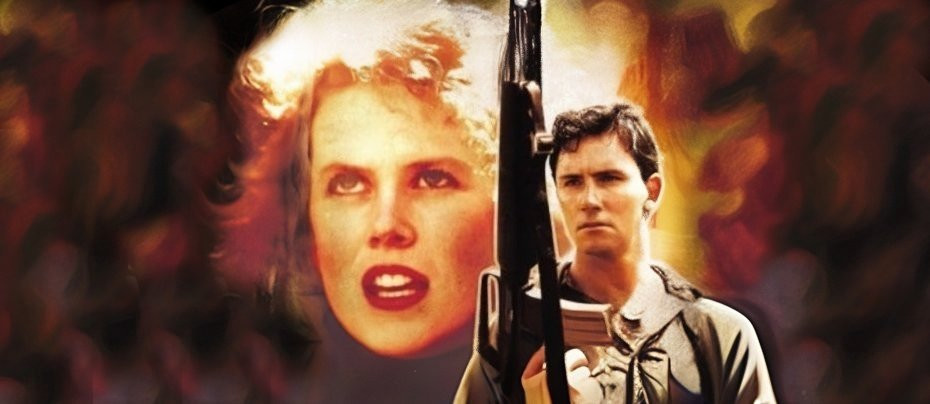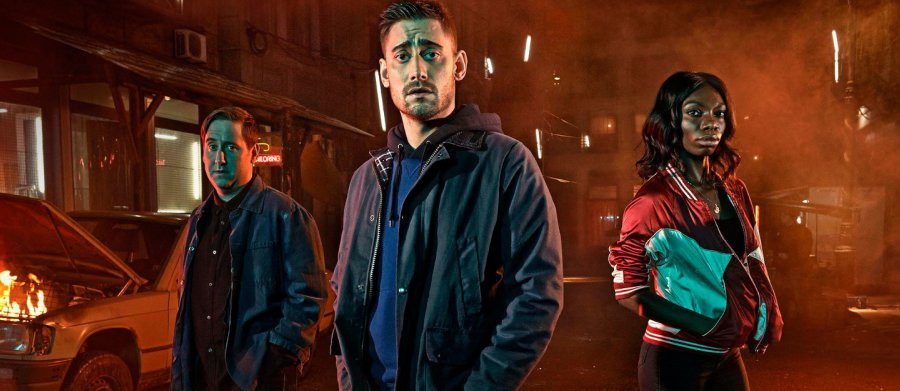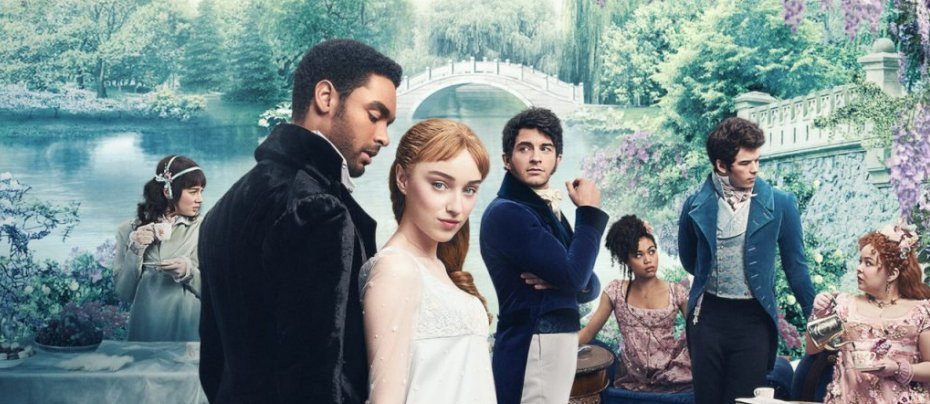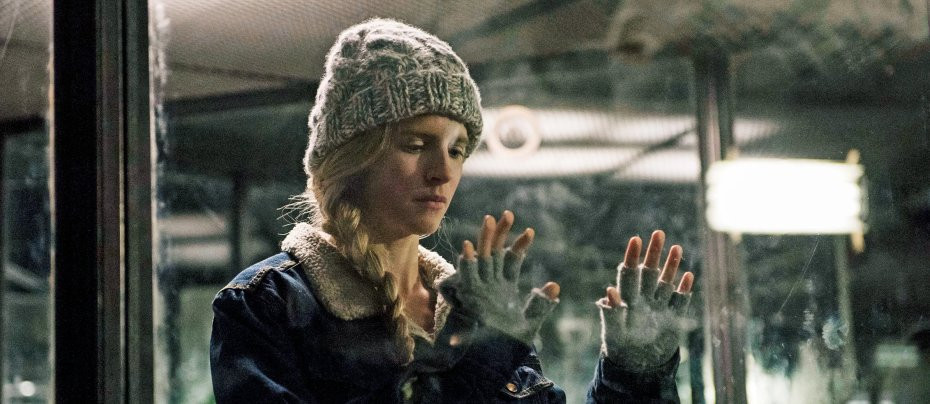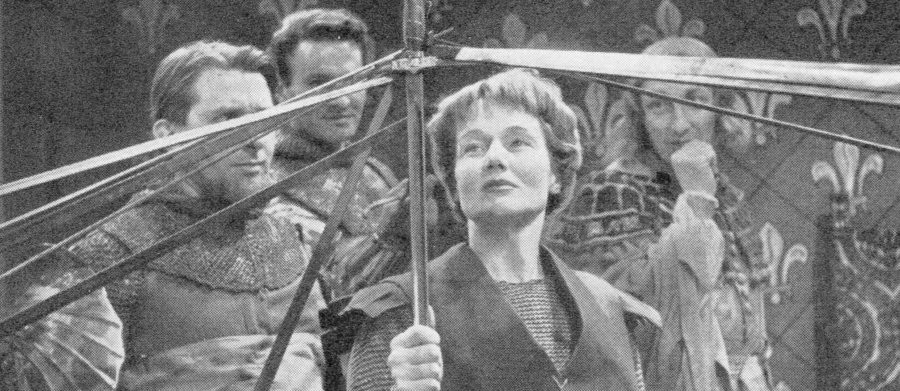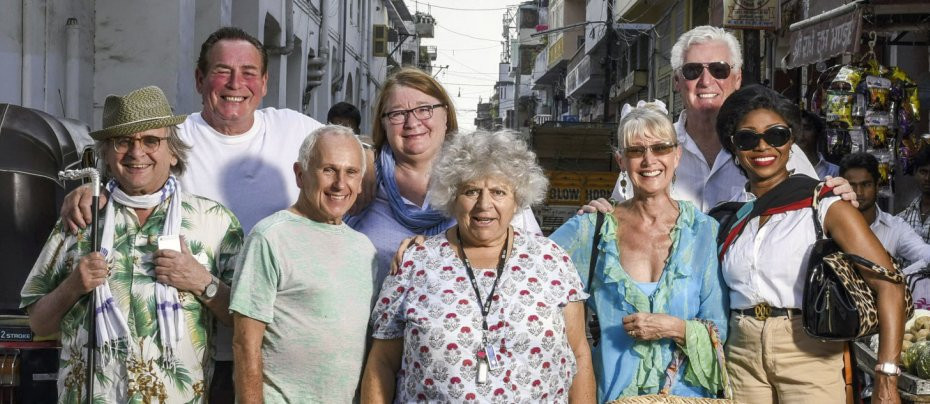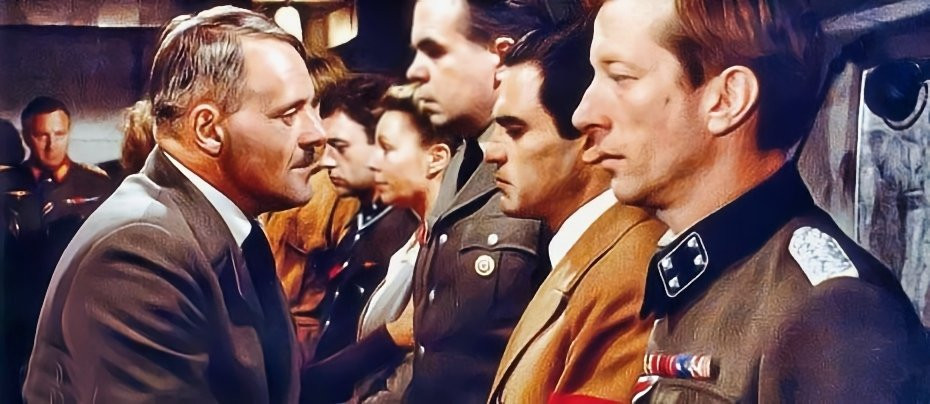
The Last Tycoon
2016 - United StatesReview - JWR
We should not be too critical of F Scott Fitzgerald's last novel, 'The Last Tycoon.' After all, it was unfinished at his death, and the plotting - the weakest part of the reconstituted published version - was the work of an editor. We do not know precisely where the great novelist himself would have taken the story if he had been given more time or how he might have amended the ideas in such notes as happen to have survived. What we do know is that he left some interesting characters and some excellent scenes.
Had he not - probably - drunk himself to death, it might have turned out to be his defining masterpiece. After all, he was writing about a subject he knew well: like many other big names in American literature at the time, he had in effect sold his name to Hollywood, receiving considerable sums by the standards of the day for the literary equivalent of factory work as a scriptwriter. His novel therefore offered the best prospect of an evocation of Hollywood during its Golden Age by a great contemporary novelist. It is curious that, with the exception of P G Wodehouse, who, predictably, treated the whole thing as a joke in 'Laughing Gas,' none of the other big names who made the same Faustian pact with the studios - which, with a strange inferiority complex, were desperate for the intellectual respectability they brought but had no idea how to use them - really wanted to write about this chapter of their lives afterwards.
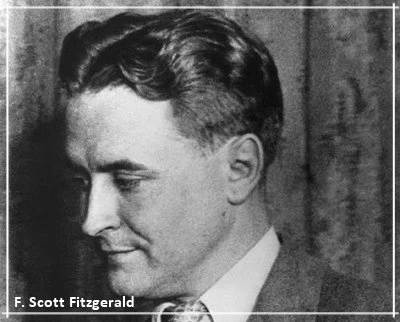
So, given the potential of the Golden Age as a subject and a setting, and the fact that there was no source material of similar status available, it is no surprise that ‘The Last Tycoon’ was made into an expensive feature film starring Robert De Niro. Nor is it a surprise that the film, like the unfinished novel, delivered some great sequences but then basically went nowhere.
However, the potential remained, and four decades later Amazon, rather cheekily, decided to make a television series about the old studios that are now in effect their competitors, as well as their occasional suppliers. They started by making the very sensible decision to use the title of The Last Tycoon and some of its best characters whilst jettisoning most of the plot of the novel as published.
They then made the even better decision to put a lot of money into the production, to get the sense of period right and to try to reproduce the glamour of Hollywood when it was at its most Hollywood. Here they succeeded brilliantly. 'The Last Tycoon' is worth watching for the look of the thing alone. The art direction, costumes, props, and sets departments would all surely get a respectful tip of the hat from their 1930s equivalents at MGM, and the admiration is mutual, because it is obvious that some people put a lot of love into copying the sense of style that the studios wanted to project. So the ostentatious display of wealth is everywhere, but the production does not conceal the seedy underside, or the fact is that even the ostentatious display of wealth was often more ostentatious than actual wealth.

The main character of the novel - one cannot really call him the hero - is Monroe Stahr, based, with little attempt at disguise, on the real life "boy wonder" Irving Thalberg. General Manager of Universal Studios at 20, Thalberg was recruited by Louis B Mayer as his Vice President in Charge of Production and turned Mayer's minor studio into what became MGM, the most consistently profitable film production line of the 1930s. Having made his reputation as a cost cutter, by firing the powerful director Erich von Stroheim for going over budget, Thalberg had established his authority sufficiently to use his real talent - which was actually spending money, sometimes very little, sometimes a great deal, to give MGM films that Hollywood glamour which attracted audiences even, or perhaps especially, when times were hard.

It is therefore slightly surprising that in the Amazon series, Stahr is presented as a more conventional leading man - a hero in fact - which is rather at odds with both the more complex character in the novel and the historical Thalberg. Indeed, as if to distance itself even further, the series introduces Thalberg himself as a separate character, who just happens to have a lot in common with Stahr. This is a very clumsy device, even if it is forgivable because it also allows the show to introduce Louis B Mayer as a separate character and he is played by a perfectly cast Saul Rubinek, which on its own is enough to make it all worthwhile.
Yet it is still a wasted opportunity. The whole point of Stahr in the novel, and in the feature film, is to study Thalberg. What was it about this man, who could be so ruthless when required, that commanded intense loyalty among those who worked with him, including egotistical actors, hardened businessmen, and jaded entertainment professionals? He had a certain charm, but that is commonplace in Hollywood. What seems to have made him different was an instinctive understanding of every aspect of filmmaking, above all of what would attract the audience. An Industry famous for its self-centeredness listened to him because he knew how to deliver.
This never really comes across in the Amazon series. This is due to no fault of Matt Bomer, who plays Stahr: he does exactly what the script asks of him and he really knows how to wear a suit - which is important because Stahr has a wardrobe full of magnificent tailoring. The problem is that we never really get to the man behind the suit, and that is what we came to see.
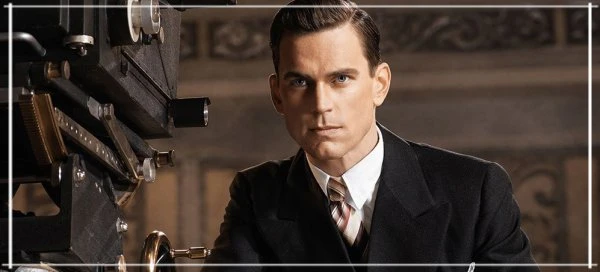
Instead we are offered a fairly generic good guy, vulnerable and tragic in his love life. Just in case that is not enough to make us like him, he is given some anachronistic political attitudes: he really dislikes the Nazis. In fact, Hollywood, like most of America, paid little attention to what was happening in Europe and really did not want to get involved. Thalberg himself considered Communism the greater danger because dictatorships usually did not last. Many of the founders of Hollywood were descended from Russian Jews who had come to view occasional 'pogroms' as regrettable but unavoidable and temporary facts of life - few at that point could have imagined a "civilised" nation ordering a comprehensive extermination or anything like it.
Stahr is therefore granted a prescience and a passion that are a little jarring. It would have been far more interesting than the cliched Nazi stuff to examine the actual attitudes that prevailed in America at the time - including widespread Antisemitism and how American Jews responded. Hollywood really was built by Jews, mostly first or second generation immigrants from an area of Russia about two hundred miles in diameter. This was not because of some Zionist conspiracy, but because a willingness to work very, very hard, and to take risks others might avoid, were necessary survival traits among extremely poor refugees. Given their initial poverty, most of the capital came from East Coast banks run by WASPs. The television series, following the novel, hints at the tensions between the West Coast Jews and their East Coast financial backers but, sadly, never really develops this theme.

There is, however, considerable tension between the Jewish Stahr and Pat Brady, his Gentile employer at the Brady American studio, even if it has nothing to do with race or religion. Brady's relationship with Stahr parallels Meyer's with Thalberg's. Brady is a successful self made businessman, but he wants to think of himself as a "movie man." The problem is that he has none of Stahr's instinct for filmmaking and he knows it. So he needs Stahr and he knows that too - which only makes him more and more envious of him.

Brady, rather than Stahr, therefore becomes the most compelling character in the series, not least because he is played by the always compelling Kelsey Grammer. As he had already demonstrated in Boss, the great comic actor also has a strange appetite to prove himself in dramatic roles, even - perhaps especially - unsympathetic ones. His Brady is far more complex, and therefore far more likeable, than his unpleasant Tom Kane in 'Boss.' Of course, he does some unpleasant things, as one would expect of an archetypal Hollywood studio chief, but he also has moments of unselfishness and generosity. This is a character that could go either way, and it is only gradually that we see his irrational envy of Stahr get the better of him. There is therefore more dramatic tension and tragedy in Brady's struggle with himself than in Stahr's own character arc.
This consists mainly of a fairly trite love affair with one of those beautiful waitresses one really does find all over the place in West LA. Played by the lovely Dominique McElligott from The Guard and Hell on Wheels, she reminds him of his late wife - just what every girl wants to hear - but she has a secret, albeit a fairly predictable one. So does a fading but still very popular star played by Jennifer Beals - it is always good to see her. Rosemarie DeWitt does well to bring poignancy and dignity to the poorly written part of Brady's wife, who also has a secret.
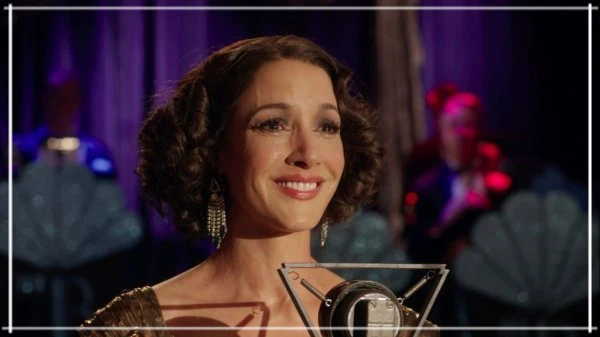
It would indeed have been interesting to see how all these secrets played out, and it is frustrating that we never did because the show was cancelled after a single season. It concluded with a scene that could be interpreted either as a cliffhanger or a definitely final ending. The series, like the novel and the film before it, therefore leaves us feeling rather ambiguous.
Its commercial failure is no great surprise. It was a very expensive show to make, and it shows - to its credit, the money is obviously all there on the screen.
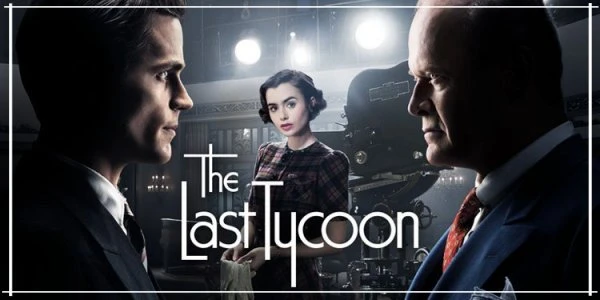
Is it also a dramatic failure? Not entirely. The performances are all good, sometimes very good, with Grammer and Beals positively outstanding. There are some well handled sequences and some interesting plotlines, but, again, as with the novel and the film, they do not really amount to a great story. The adaption may well have been wise to depart from the plot of its source material, but what was put in its place was not much better. All that said, 'The Last Tycoon' is still worth watching for the look of the thing and for its valiant attempt to evoke the Hollywood glamour that seems further from the realities of our modern world than ever.
Seen this show? How do you rate it?
Seen this show? How do you rate it?
Published on July 22nd, 2020. Written by John Winterson Richards for Television Heaven.



